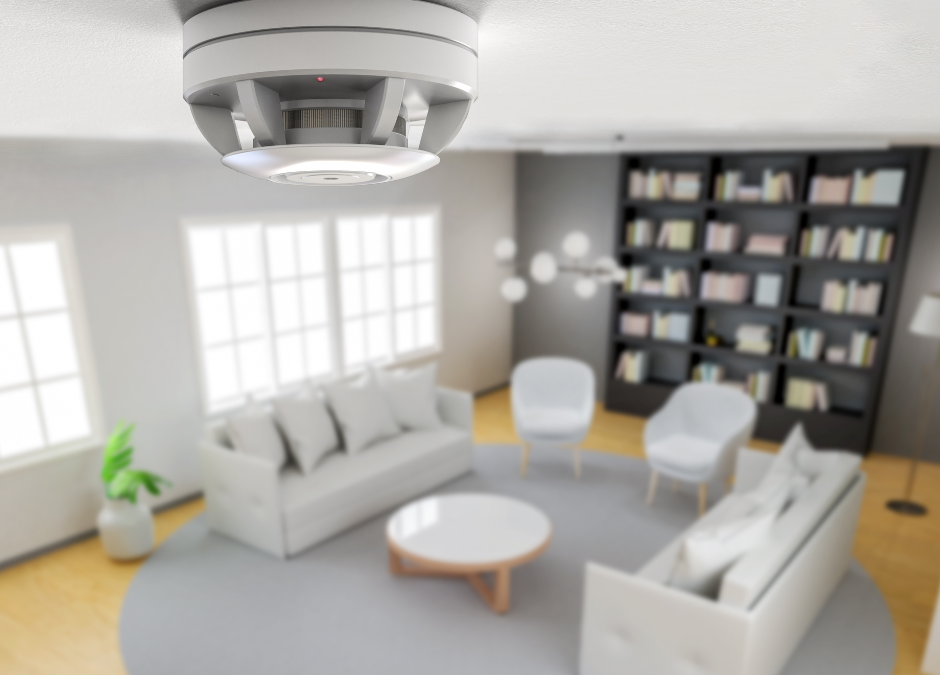Fewer homes have caught fire in recent years, partly because smoke alarms and new safety rules have made a significant difference. But the terrible fire at Grenfell Tower brought fire safety back into the news. Depending on how a property is built, some might be at greater risk than others.
Here are some key tips to help you spot potential fire safety concerns when considering a new home purchase.
List Out Anything That Raises Questions.
No matter what kind of property you are buying, certain warning signs should raise concerns. For example, exposed wiring or a lack of sufficient electrical outlets can indicate potential risks. Overloading sockets due to too few outlets is a common hazard. Electrical faults remain one of the leading causes of house fires in the UK, with a high number of incidents annually linked to electrical issues.
If the seller is unable to provide information on when the heating system or boiler was last serviced or inspected, this should raise concerns. Additionally, it is important to remember that you have a legal right to certain documents, such as an Energy Performance Certificate (EPC), which assesses the energy efficiency of the property.
If your home is on an upper floor of a building with multiple levels, having more than one way to get out is important. The RICS Consumer Guide says you should always have a backup escape route and check there are not any locked doors that could trap you inside.
Flat orApartment Buyers.
Potential concerns are something to be aware of when buying a flat, especially in older conversions.
Prospective landlords should be aware that tenants possess statutory rights to fire safety protections. In the context of leasehold flats, an appropriate Fire Risk Assessment is mandatory. Furthermore, fire detection devices, fire doors, and fire-resistant materials must be installed to effectively manage and contain potential fires.
Any property with more than one level should have a clear and easy way to get out if needed. And if the landlord wants to make any changes, they must get permission from the right regulatory body first.
Thatched Roof Living
If you are looking at a thatched house, you will want to be extra careful. The thatch does not necessarily add more risk on its own, but if a fire starts up there, it can really damage the whole place. Check out the loft see if there is any wiring and if it has been inspected lately.
Further questions worth asking are:
- Has a fireproof layer been installed between the thatch and the underlying roof structure?
- Has the chimney lining been updated or replaced recently?
- Is there a recent application of fire retardant on the thatch?
Furthermore, prospective buyers should ensure the availability of appropriate locations for smoke alarm installation and obtain estimates for insurance premiums, which may impact the total cost of ownership. Additionally, the recurring costs of roof repairs must be factored into long-term financial planning.

